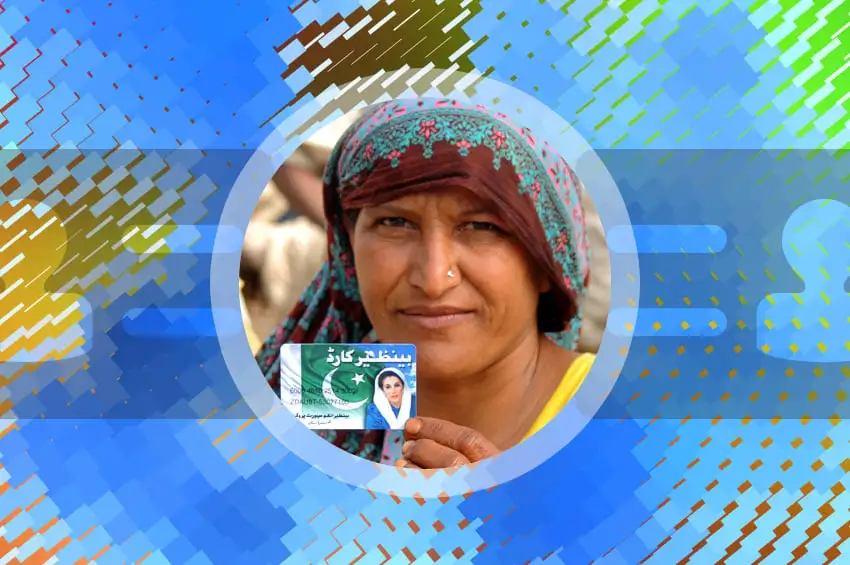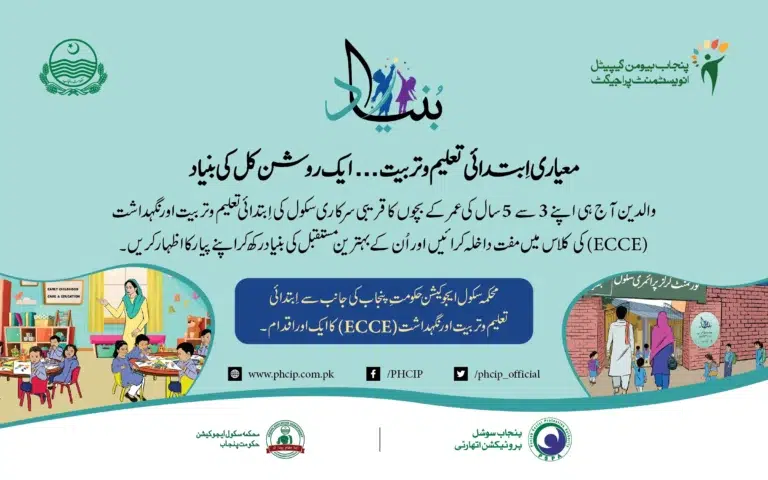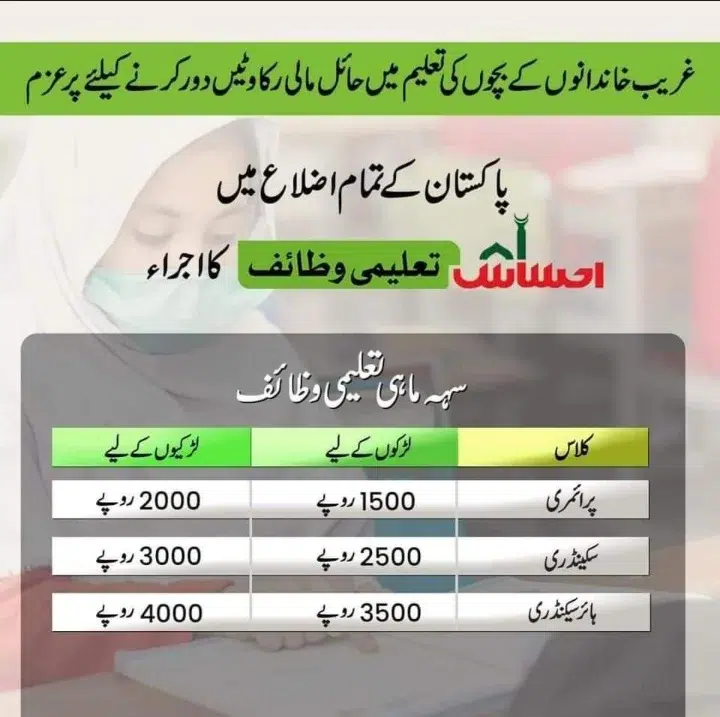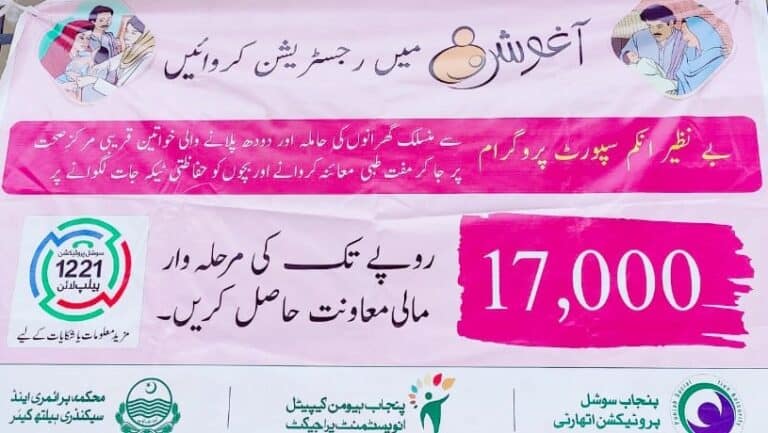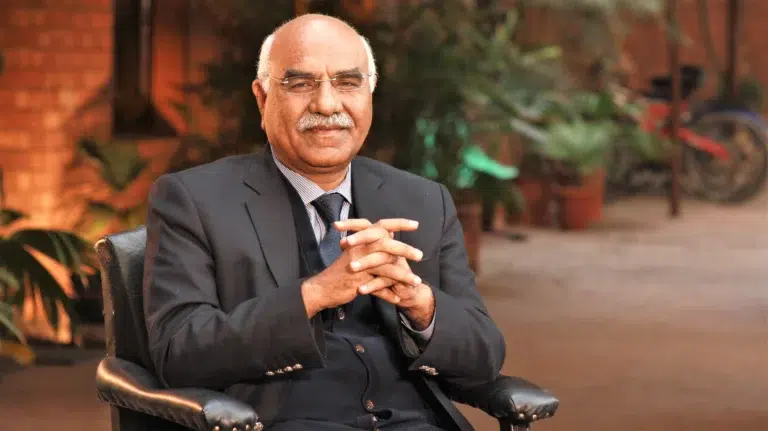BISP Marital Status Discrimination 2023
BISP Impact on Unmarried Individuals
Bisp discriminatory approach, which restricts aid to married, divorced, or widowed individuals, raises important questions about equal rights and social justice. The implications of such discrimination and advocates for a more inclusive and equitable social welfare system. However, the reality often falls short of this ideal. Pakistan’s Benazir Income Support Programme (BISP), a flagship social safety net initiative, has come under scrutiny for its policy of providing assistance based on marital status.
In today’s progressive world, the concept of social welfare should ideally be devoid of any form of discrimination.In today’s progressive world, the concept of social welfare should ideally be devoid of any form of discrimination. For single people, this rule has serious consequences. They struggle more, can’t access good education or healthcare, and find it hard to get good jobs. They often remain stuck in poverty with no hope for a better life. By denying help to unmarried people, BISP keeps them trapped in a cycle of poverty.
The Need for Fairness and Equality in Bisp
Social support programs should include everyone, no matter if they’re married or not. The focus should be on how much help someone needs, not on whether they’re married. BISP should change its approach to make sure it helps those who need it the most, regardless of their marital status. By being fair and equal, Pakistan can create a better future where social support really helps everyone in need, no matter if they’re married or single.
Bisp Should be Learning from Other Countries
Many countries have fair social support systems. Countries like Canada, Sweden, and the Netherlands provide help based on a person’s income, job situation, and dependents, not just marital status. By following these examples, BISP can make sure it reaches everyone who needs support and needs to change its rules.
Social support programs show a society’s commitment to fairness and looking after its people. Discriminating based on marital status goes against these values. It keeps inequality alive and stops those who need help the most from getting it.
